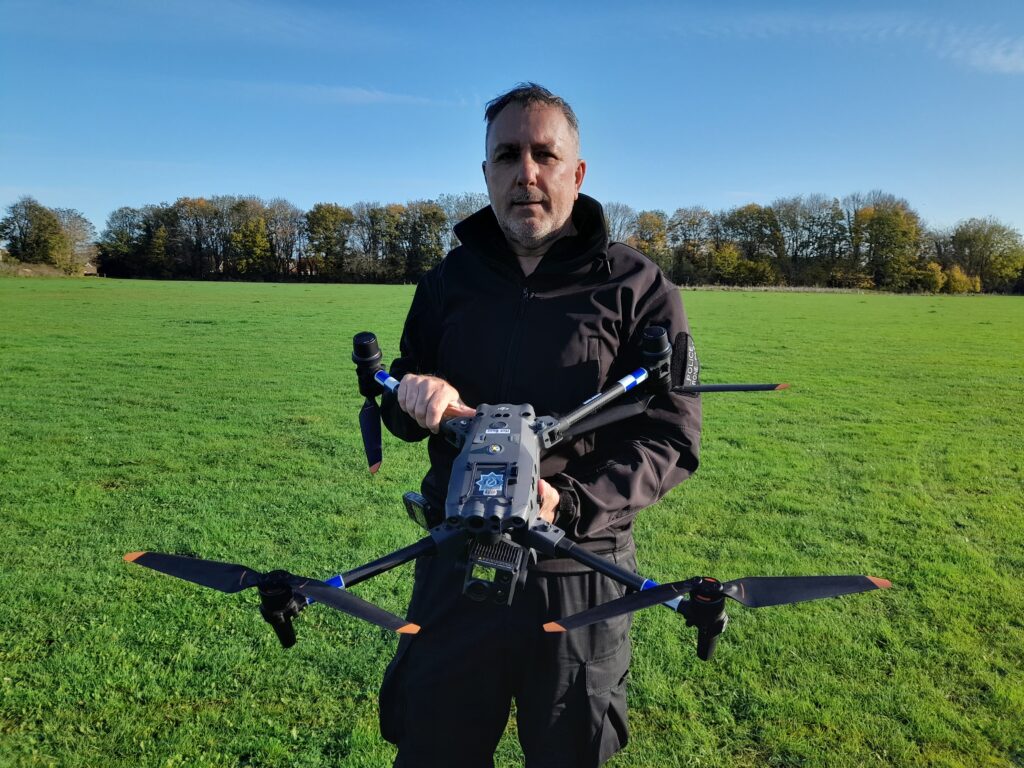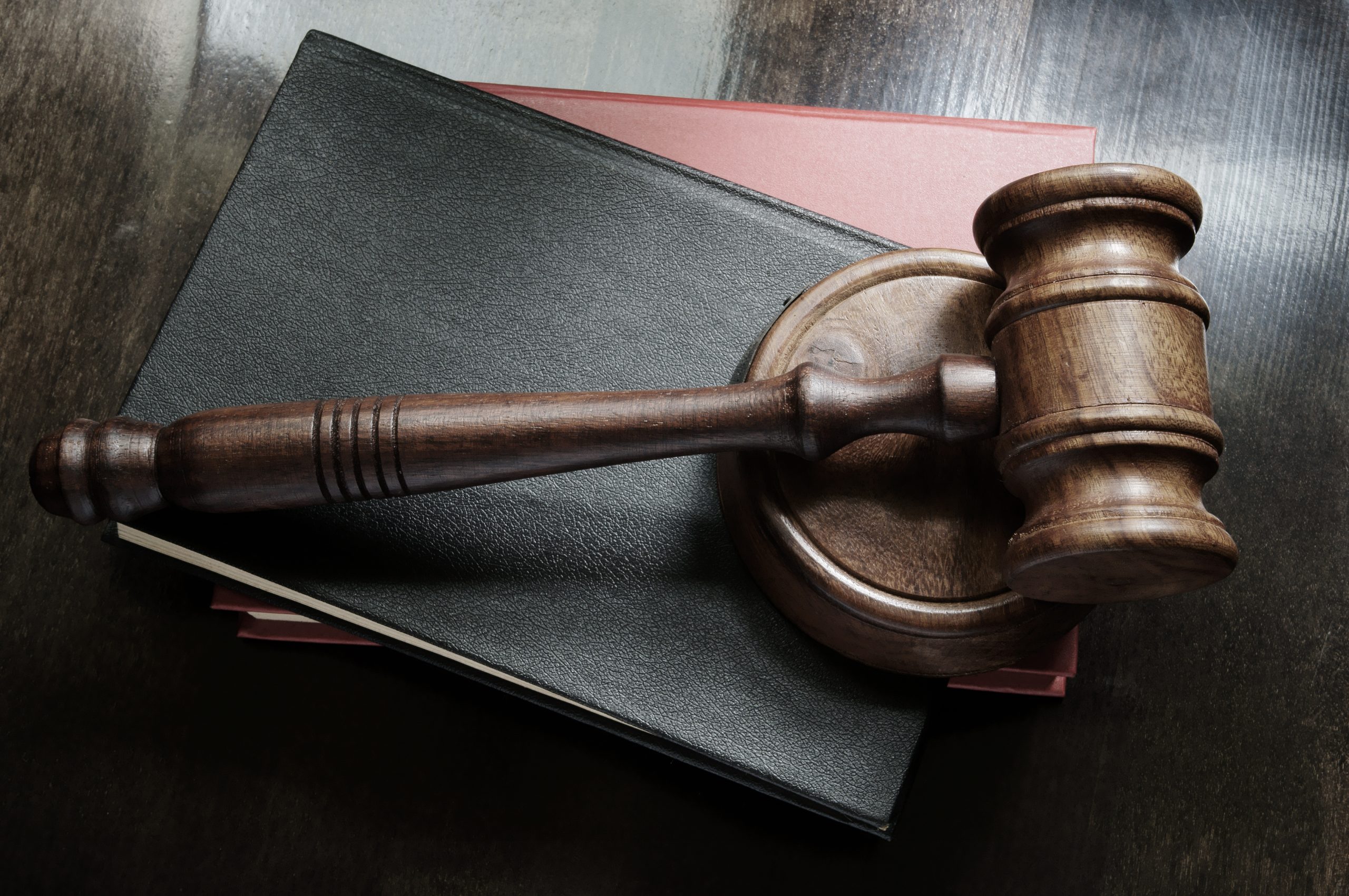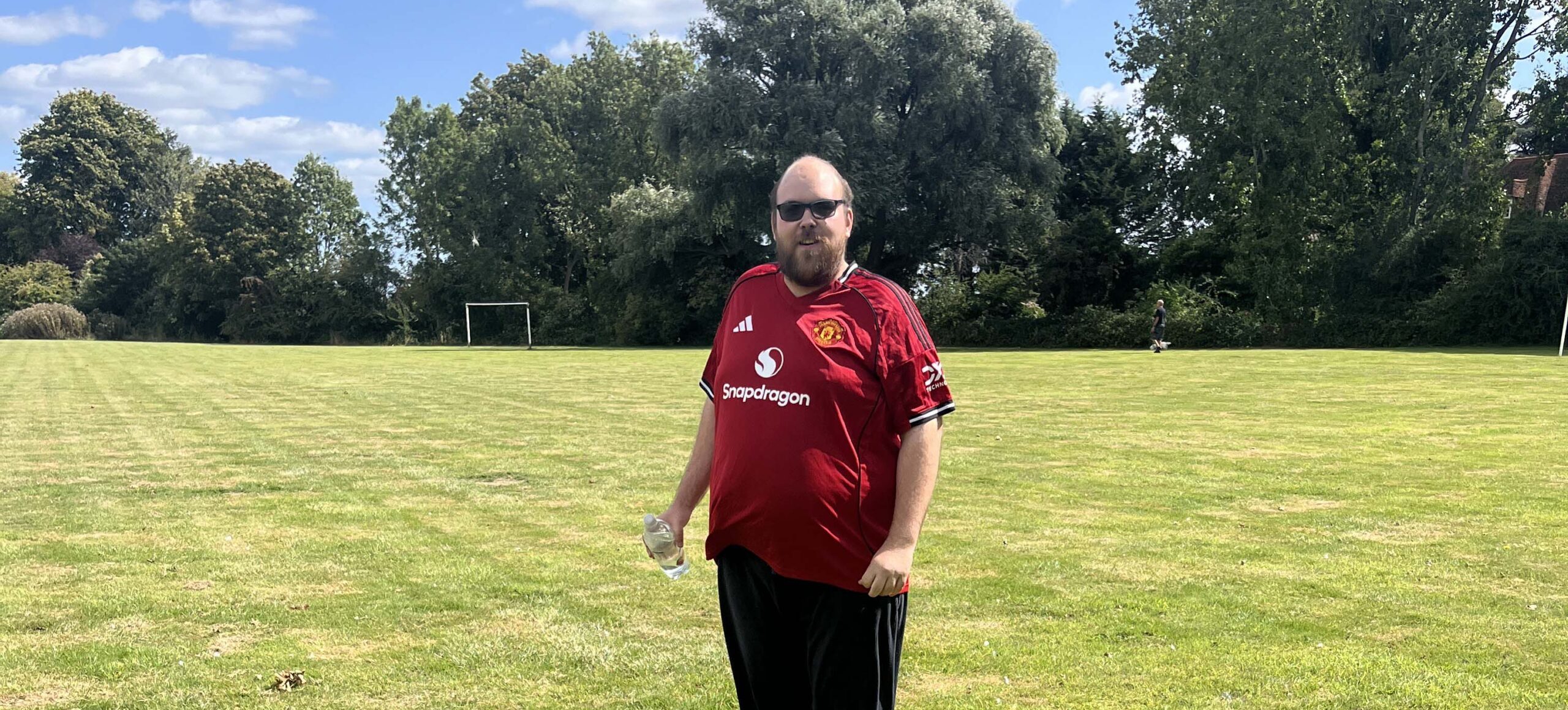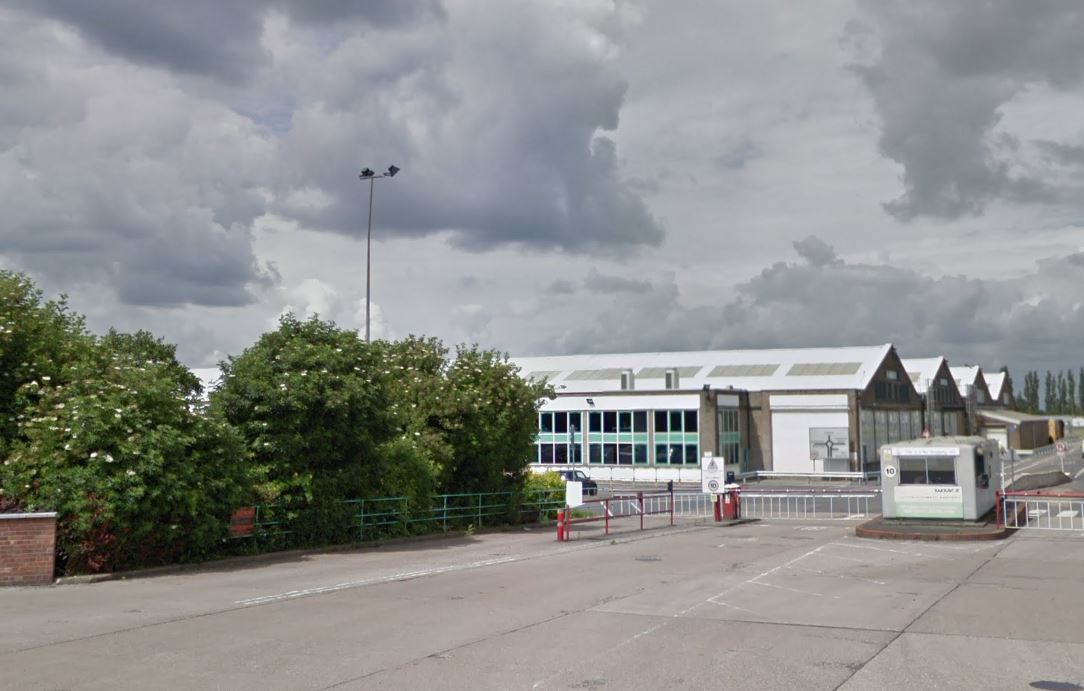Drones provide Lincolnshire Police with the “best bang for buck” of anything the force owns, the force’s chief pilot says.
From finding missing people to tracking dangerous criminals, the eyes in the sky allow the underfunded police force to stretch its resources as far as possible, writes Local Democracy Reporter Jamie Waller.
Lincolnshire Police says its one of the worst financed in the country, but early adoption of this new technology saves hundreds of hours of police time each year, the force says – as well as removing officers from the most dangerous situations.
Sergeant Kev Taylor became the force’s first full-time pilot in 2021, and has seen what was once a novelty become an everyday part of policing.
“There are people alive today who wouldn’t be today without drones – and also people in prison who wouldn’t be otherwise,” he told the Local Democracy Reporting Service. “Lincolnshire Police doesn’t have enough staff, and drones provide the best bang for buck of anything we have.
“We’re ahead of the game compared to many forces because it lets us be so cost-effective, and it also suits how rural Lincolnshire is.”
The eyes in the sky were deployed around 1,400 times in 2023, with the majority either missing persons or searches for suspects.
However, they can also assist in policing protests or football matches, mapping crime scenes, exploring dangerous buildings, monitoring fires or floods, and going into hostile areas.
Sgt Taylor is full of stories that might have turned out differently – offenders who would have got away, officers put in the firing line, and vulnerable people who wouldn’t have been found until it was too late.
The vehicles – with names like Sherlock Drone and Christiano Dronaldo – come equipped with a thermal camera, spotlight and a powerful zoom camera.
When Sgt Taylor sends Hot Buzz up at the force’s Nettleham headquarters, he can read car registration plates from 400ft in the sky.
Agile indoor drones (flown with VR-like headsets) can manoeuvre through the tightest of spots, which Sgt Taylor demonstrates by flying it between the legs of a chair.
Pilots train for responding to major disasters like simulated train crashes, and have also monitored the recovery of mustard gas in Woodhall Spa.
Inspector Ed Delderfield says drones have transformed the way that the force works.
“It’s become our bread and butter. Officers are happy whenever a drone goes up,” he said from the force’s Control Room.
“If we called a police helicopter, it would have to come from Leicester or Birmingham and costs £4000 per hour.
“I would be astonished if I asked for a drone and it wasn’t there within 30 minutes.”
While drones will never replace humans, they are vital in work too dangerous or time-consuming for officers.
“Putting your head into a loft is one of the most dangerous things a firearms officer has to do – a drone can go up first take that threat away,” Insp Delderfield said.
“Similarly, if we’re looking for someone on Skegness beach, it would take dozens of officers an hour to search a mile either way – a drone can do that in ten minutes.
“We look back and know there are missed opportunities that would have turned out differently if we had this technology before.”
Officers trained as pilots are available 24/7 at Lincoln, Boston, Skegness, Grantham and Gainsborough, with plans to add Spalding soon.
Sgt Taylor is confident that the demand will only grow as the force grapples with cost constraints.
“Our two main jobs as a police force are keeping people safe and catching baddies, and this makes us better at both.”







